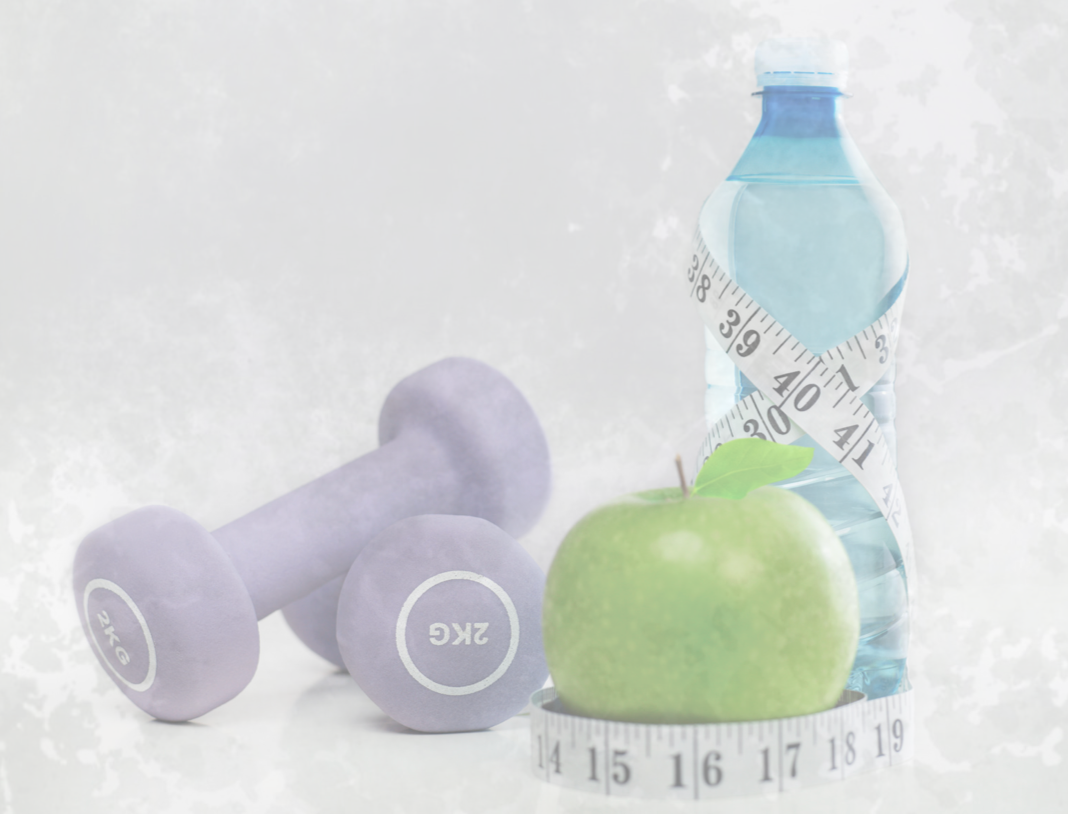Lifestyle factors that influence female fertility

There's no doubt that having a baby is a huge life event. But for many women, getting pregnant can be a bit of a challenge. If you're struggling to conceive, it may be time to take a closer look at your lifestyle.
There are a number of lifestyle factors that can impact female fertility. Here are some of the most common factors that can influence or impede fertility:
Your age at time of conception
One of the biggest factors that can affect your fertility is your age at time of conception, as fertility is shown to decline over time. Medical research shows that the average healthy twenty year old has approximately a twenty-five percent chance of getting pregnant each month during her fertile window. By the age of thirty this drops to about twenty percent and by the age of forty a woman’s chances of conceiving naturally is significantly lower with odds of less than five percent each month.
Assuming that there are no underlying health or medical conditions that affect your fertility, woman under the age of thirty-five generally find it easier to fall pregnant naturally.
Certain medical conditions that may develop during pregnancy such as miscarriage, preterm birth, birth defects, genetic abnormalities and pregnancy complications (like anaemia or gestational diabetes) also have a lower chance of developing among women under thirty-five.
Your Body Mass Index (BMI)
Maintaining a healthy weight not only plays a key part in your overall wellbeing but it is very important for your reproductive health as a female.
Being underweight can impede your monthly cycle by stopping ovulation whereas, on the other end of the spectrum, if you are overweight or obese your body may produce too much oestrogen during your reproductive cycle, putting the female at greater risk of facing fertility difficulties.
The standard way in which your healthcare provider may determine that you are in a healthy weight range is by using the Body Mass Index (BMI) weight scale. Your practitioner will enter your height and weight into a BMI calculator to determine your Body Mass Index number.
- A BMI between 18.5 and 24.9 is considered a ‘healthy weight’
- A BMI below 18.5 is considered ‘underweight’
- A BMI between 25 and 29.9 is considered ‘overweight’
- A BMI over 30 is considered ‘obese’
When we talk about fertility we often automatically think of the female, after all she is the one that will be carrying the baby. However, healthy sperm is just as important during the conception phase. It has been shown that partners who work together to maintain a healthy diet and exercise routine, have a greater chance of success. So swap the take-away and TV nights and opt instead for a romantic stroll to the local fruit and veg market.
A note about excessive exercise
While we are all aware that regular, moderate exercise is good for your general health and can aid you in conceiving, it is important to take note that studies have shown that a normal-weight women (those with a BMI between 18.5 and 24.9) who exercised vigorously for more than five hours a week had a harder time conceiving. So, it’s a good idea to avoid very high intensity exercise while trying for a baby.
Environmental Toxins
Unfortunately it is impossible to avoid all the environmental toxins that we are exposed to as these are found in the food we eat, the products we use and even the air we breathe. Prolonged exposure to some of these pesticides, pollutants and industrial chemicals can decrease a couple’s chances of conceiving. For women, these toxins can disrupt the menstrual cycle or sex hormone production and reduce fertility, while men may have low hormone levels, a lower sex drive,
a reduction in the semen amount and certain pollutants can even lead to erectile dysfunction. Although we cannot completely avoid these environmental toxins, you can certainly take some simple steps to reduce your exposure to them.
Unhealthy Habits
Smoking (including second-hand smoke) can impact fertility in both men and women. The chemicals in cigarettes can cause damage to both eggs and sperm which, in turn, affects conception and your future baby’s health. Smoking can affect:
- the genetic material (DNA) in eggs and sperm
- hormone production
- the environment inside the female uterus
As we now know that the health of your egg and sperm today depends on what you were doing four months ago we recommend smokers should aim to quit at least four or five months before trying for a baby.
Alcohol Consumption
Alcohol can reduce fertility. Heavy drinking is especially problematic as it may increase the amount of time it takes to fall pregnant and can reduce the chances of having a healthy baby. Fetal Alcohol Syndrome (FAS) represents the most involved end of the FASD spectrum. Babies with FAS may have central nervous system problems, minor facial features and growth problems. Furthermore, alcohol can cause future problems with learning, memory, attention span, communication, vision, or hearing. The golden rule is that if you wouldn’t give it directly to your baby then you shouldn’t consume it during conception or pregnancy.
Recreational Drugs
For both men and women recreational drugs including cannabis (marijuana), cocaine, heroin, ecstasy and steroids can cause permanent problems within the reproductive systems and cause infertility. Certain prescription medication and painkillers can cause infertility problems as well.
If you are trying for a baby it is important to openly discuss recreational drug use or the medicines you’re using with your healthcare provider. They can offer information and support on how to safely and effectively quit harmful substances.
